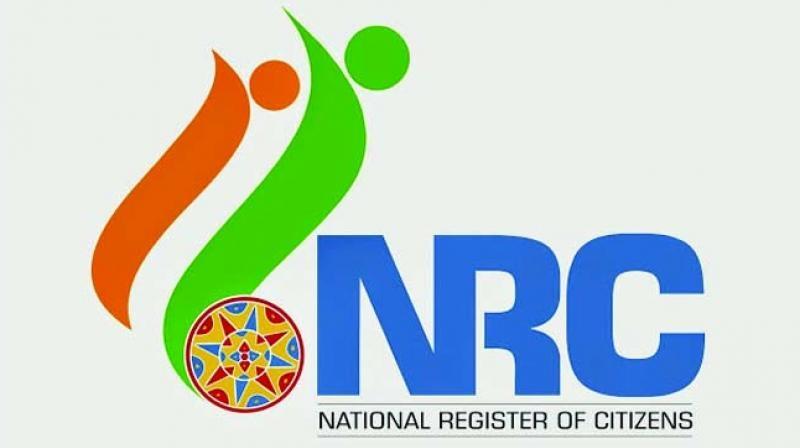‘Original Inhabitants’ Not the Sole Criteria for Inclusion in National Register of Citizens

Image Courtesy: asianage.com
On December 5, the Supreme Court of India passed an order on the undergoing process of updating the National Register of Citizens (NRC) in Assam, in which it stated that “the sole test for inclusion in the NRC is citizenship under the Constitution of India and under the Citizenship Act including Section 6A thereof. Citizens who are originally inhabitants/residents of the State of Assam and those who are not are at par for inclusion in the NRC.” This order should bring relief to those fearing a loss of their citizenship rights by being excluded from the NRC.
The Petition was filed seeking clarification on the expression ‘originally inhabitants of the State of Assam’. The apprehension on the part of the petitioners was that the expression would create a higher class of citizens within Assam.
According to NELive, the Supreme Court had earlier passed a judgment upholding the admissibility of certificates issued by the Gaon Panchayat Secretary or Executive Magistrate. This was on the basis of a report submitted to the Court by Prateek Hajela on October 10 which stated that ‘out of 47 lakh applicants who claimed inclusion on the basis of certificates issued by Gaon Panchayat secretaries, only about 17.40 lakh are original inhabitants.’ This in effect reversed a Gauhati High Court Order which declared that these certificates are invalid. The Supreme Court’s position on the matter is that these documents are ‘evidentiary’ in nature though not to be taken as ‘conclusive proof’. This position will mean that around 29 lakh applicants will be able to have their documents processed, whereas the High Court order would have resulted in the same figure being declared ‘foreigners’.
Assam has witnessed sporadic violence against Muslims in general, and Bengali speaking Muslims in particular, since the 1950s. The Assam Accord of 1985 signed between the Government of India and the All Assam Students Union (AASU). This was followed by the creation of the Illegal Migrants (Determination by Tribunal) Act, 1983 (IMDT Act) which placed the burden on the state to prove whether a person was a citizen or not. Until 2005, the IMDT Act was to be the basis for the determining inclusion into the NRC. This Act was struck down in Sarbananda Sonowal v. Union of India. The Court in this case struck down the IMDT Act in 2005, as the Act was unconstitutional. This led to a new process for updating the NRC under the Citizenship Act, 1955, which is currently being followed. The NRC is expected to be completed by December 31, 2017.
Get the latest reports & analysis with people's perspective on Protests, movements & deep analytical videos, discussions of the current affairs in your Telegram app. Subscribe to NewsClick's Telegram channel & get Real-Time updates on stories, as they get published on our website.
























